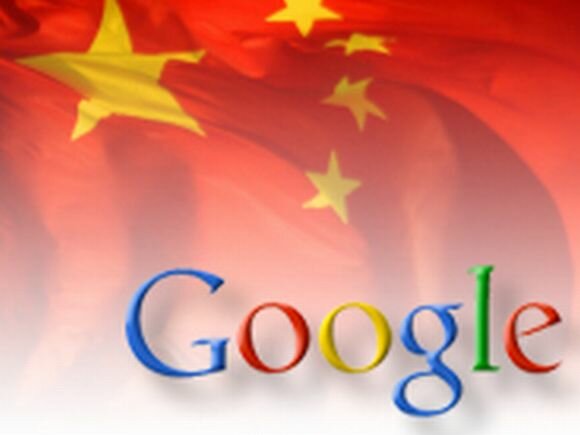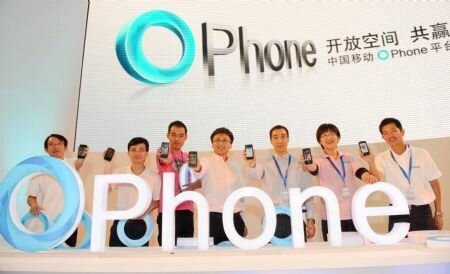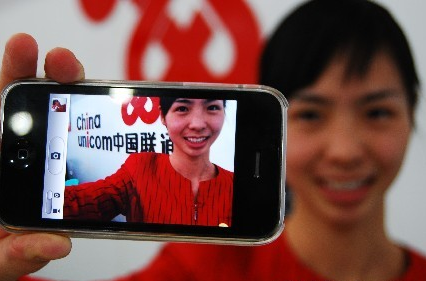Update March 17, 2010: China Mobile CEO, Wang Jianzhou, is talking “Apple” again. During a recent press conference, Wang Jianzhou revealed that he is interested in the iPad and has told Apple that China Mobile would also like to see a special version of iPhone with a chipset that supports time division synchronous code division multiple access (TDSCDMA), the 3G standard awarded to (licensed by) China Mobile.
 Since early February Apple’s China website has been taking indications of interest (notify me) for the “soon to launch” iPad. Read more background > here. However, there has been no mention of any 3G carrier data plans for iPad in China. An iPad carrier plan via China Unicom is a no brainer. China Unicom runs WCDMA 3G and this global standard is already supported by the current 3G versions of iPhone and iPad. An iPad or iPhone deal with China Mobile would be more complex as it would require a special production run to support the TDSCDMA standard.
Since early February Apple’s China website has been taking indications of interest (notify me) for the “soon to launch” iPad. Read more background > here. However, there has been no mention of any 3G carrier data plans for iPad in China. An iPad carrier plan via China Unicom is a no brainer. China Unicom runs WCDMA 3G and this global standard is already supported by the current 3G versions of iPhone and iPad. An iPad or iPhone deal with China Mobile would be more complex as it would require a special production run to support the TDSCDMA standard.
 There are multiple hurdles to overcome before Apple opts to include TDSCDMA 3G support in a special version of either the iPhone or iPad. For readers interested in exploring the complexities of the Apple and China Mobile relationship, I would point you to a recent interview with yours truly posted on Neonpunch and CNN Asia. Read more > here
There are multiple hurdles to overcome before Apple opts to include TDSCDMA 3G support in a special version of either the iPhone or iPad. For readers interested in exploring the complexities of the Apple and China Mobile relationship, I would point you to a recent interview with yours truly posted on Neonpunch and CNN Asia. Read more > here
Once again … China Mobile says it’s in talks with Apple to offer iPhone
March 4, 2010: With apologies to long time iPhonAsia readers … but once again (for the umpteenth time) China Mobile CEO Wang Jianzhou revealed (WSJ March 4, 2010) that China Mobile is in “talks” with Apple to offer iPhone.
Apple’s deal with China Unicom is non-exclusive and it’s possible that one day China Mobile and Apple will indeed come to terms on an iPhone deal. Summer of 2010 would be good timing.
If Apple and China Mobile reach an agreement, it is more likely that the deal will be to offer consumers a low-priced EDGE 2G iPhone. Why 2G? EDGE is a very reliable network used by 500+ million China Mobile consumers. Despite substantial state backing, the newly launched TDSCDMA (China Mobile’s 3G network) has not motivated enough mobile consumers to upgrade to 3G (requiring the purchase of a TDSCDMA capable handset) and the China developed 3G standard may not be long for this world. TD-LTE 4G will likely supplant TDSCDMA by 2012. In my opinion, Apple would only reluctantly add TDSCDMA support in a special “for China Mobile” iPhone. If Apple does agree to add a chipset that supports TDSCDMA, then you can be sure that the deal involves a massive pre-purchase commitment by China Mobile … good for Apple (AAPL).






















